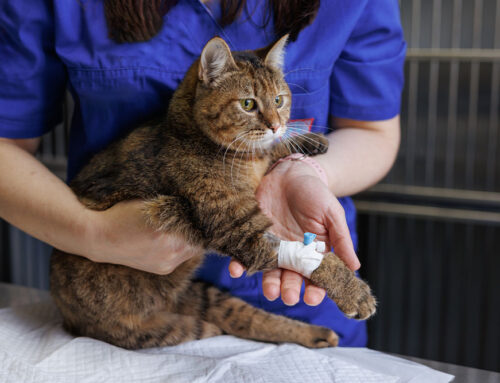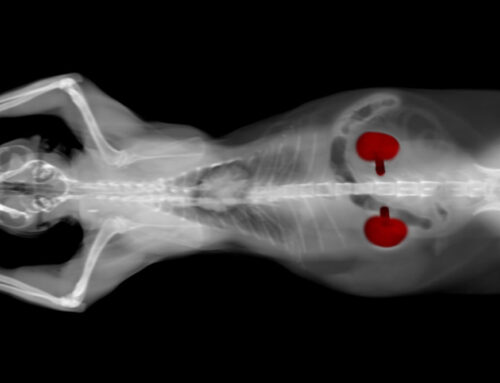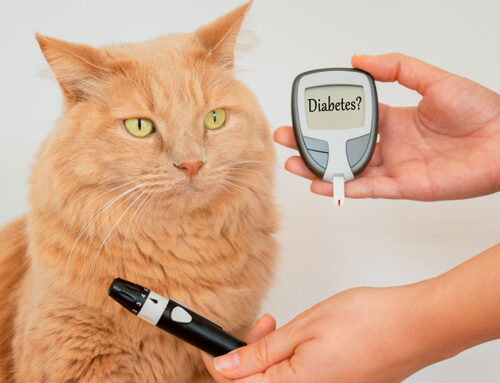In 2007, Wisdom Health launched the first breed-identification test for pets. A few years later, the company added a health screening option. Since then, genetic technology in veterinary medicine has advanced and opened up new opportunities for preventive care and early disease detection. Our team at Greenfield Veterinary Clinic explains why genetic screening holds immense promise for pets and their quality of life.
What is genetic screening for pets?
Genetic screening for pets involves sending their DNA sample to a genetic screening laboratory that can analyze and identify potential genetic conditions and predispositions. A sample can often be obtained with a simple cheek swab, but a blood sample may also be required. The laboratory looks for breed-specific genetic markers and can pinpoint breed-specific health risks.
How can genetic screening improve pet care?
Genetic screening can help pet owners and veterinarians understand and prepare for a pet’s breed-specific health concerns. Then, our veterinarian can recommend measures specific to your pet. Genetic screening can provide:
- Insights into preventive care — Our veterinarian will have information about your pet’s specific genetic makeup that they can use to tailor recommendations for vaccines, nutrition, exercise, and lifestyle changes and reduce the risk of breed-related health conditions in your pet.
- Early disease detection — Detection of potential health issues is one of genetic screening’s most significant benefits. Our veterinarian can improve your pet’s outcomes by knowing about and always checking for expected problems, and detecting issues and implementing treatment strategies sooner.
- Personalized breeding recommendations — Genetic screening can pinpoint potential breed-specific health problems, such as hip dysplasia, eye disease, and heart disease. In breeding animals, genetic screening has been used to inform breeders about animals that should not be bred to eventually prevent serious issues from being carried on in a breeding line.
- Behavioral knowledge — Do you wonder why your pet acts a certain way? Genetic screening can give you insight into the breed characteristics, such as moderate activity in French bulldogs and the need for lots of exercise in collies, that inform your pet’s behavior. Understanding that your pet’s behavior is genetic (e.g., herding, protecting, anxiety, or compulsive tendencies) is helpful when you are developing training sessions and behavior modification techniques.
Considerations about genetic screening in pets
Although genetic screening is a valuable tool, you must remember that it is not the be-all and end-all. Your pet is a product of nature and nurture as well as genetics, so their experiences, environment, and upbringing will also shape their physical health and behavioral tendencies.
As with any new technology, occasional errors, such as a false positive or negative result, can occur. DNA-testing in pets is not regulated, and since multiple companies now offer online services, you should always ask our veterinarian for advice before spending your money. Misinterpretation or over-interpretation of results is also rampant, so also always ask our veterinarian, who has the appropriate context and knowledge, for their interpretation.
Genetic screening for pets can provide valuable insights into their health and potential conditions and diseases. By understanding your pet’s genetic predispositions, you can take proactive measures to prevent or mitigate possible health issues.
Additionally, our Greenfield Veterinary Clinic team will use the information to develop a personalized care plan that addresses your pet’s potential problems. Contact us to learn more about genetic screening or to take a laboratory sample. Who knows what’s in your pet’s future?







Leave A Comment